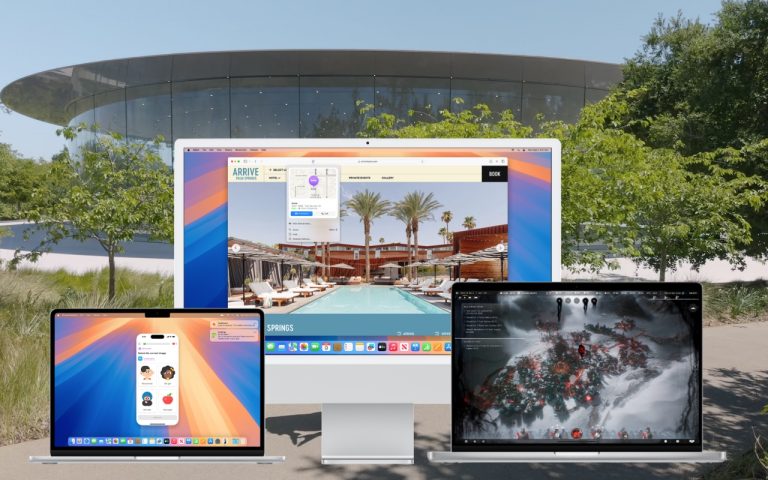Restore From Time Machine
September 13th is International Verify Your Backup Day. If you forgot to do it, or didn’t know how, the video below shows you how to retrieve a file that was deleted from your Time Machine backup:

September 13th is International Verify Your Backup Day. If you forgot to do it, or didn’t know how, the video below shows you how to retrieve a file that was deleted from your Time Machine backup:

Along with a new version of Safari in iOS 15 and iPadOS 15, Apple has released Safari 15 for macOS 11 Big Sur and macOS 10.15 Catalina. Why do this before macOS 12 Monterey ships? Some of the browser’s new capabilities—notably the Tab Groups feature—integrate it more deeply into your Apple device experience by syncing…

Wondering what happened to the battery percentage on the iPhone X? The notch takes up enough space at the top of the screen that there was room only for the battery icon. If you want to see precisely what percentage of your battery is left, swipe down slightly from the top-right corner of the screen….

Did you know you can forward a text message or picture from your iPhone or iPad? It’s easy if you know the steps This works on an iPhone, iPad, and iPod touch. Not sure which icons are share or how to get the “More” option, here is a short video outlining the process.

Thanks to Apple’s 2020 acquisition of weather company Dark Sky, the iPhone’s Weather app has learned some new tricks in iOS 15. (It still isn’t available on the iPad, oddly.) Most obvious is its addition of weather maps that can show precipitation, temperature, and air quality. More subtle are the notifications that can alert you…

While we typically advise caution when considering upgrades to the latest major macOS release, we believe Apple has sufficiently refined macOS 15 Sequoia to warrant an upgrade for those interested. You don’t need to upgrade immediately, but there are no significant reasons for most people to delay further. The big win in upgrading now is…

Smoke from wildfires is causing significant air quality problems for much of Canada and the US. It’s important to check the Air Quality Index (AQI) before spending a long time outside, and that’s especially true for sensitive populations (children, the elderly, anyone with asthma or other breathing issues) and for those exercising outdoors. Although numerous…